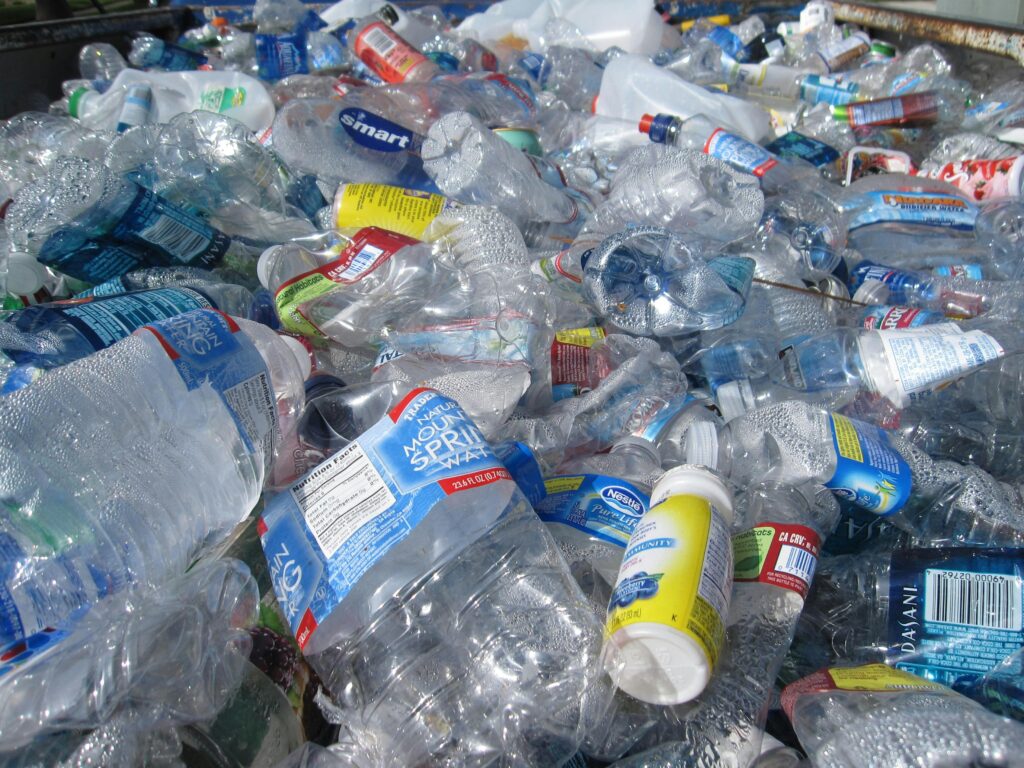Negotiations to finalize the world’s first treaty on plastic pollution ended in failure on Friday in Geneva, Switzerland, as countries remained sharply divided over how to tackle the crisis.
The summit, held at United Nations headquarters and attended by delegates from more than 180 nations, was originally scheduled to conclude Thursday after 10 days of intense discussions. Talks extended into overtime as participants were unable to break the deadlock.
Disagreements Over Production Limits
Over 100 countries called for legally binding caps on plastic production and stronger measures to address toxic chemicals in plastics. However, major oil and gas producers, including Saudi Arabia and Russia, opposed these measures, arguing that the treaty should prioritize recycling, reuse, and product redesign rather than limiting production or phasing out chemicals.
A draft treaty was presented by the negotiating committee in the early hours of Friday, but delegates could not agree to use it as a basis for further discussions, leaving no clear path forward. While negotiations will continue at a later date, there is significant uncertainty about timing and format.
“By missing yet another deadline to confront the escalating plastic pollution crisis, states are putting the health of people and the planet at risk,” said Sarah Baulch, senior officer at the Pew Charitable Trusts.
The Plastic Crisis
Countries agreed in 2022 to negotiate a legally binding treaty to address the full lifecycle of plastics—from production to disposal. Geneva marked the sixth round of talks, which were expected to conclude in South Korea in December. The main sticking point has been production limits.
Global plastic production has surged in recent decades, especially single-use plastics, reaching approximately 460 million metric tons per year. Without stronger policies, production could rise 70% by 2040, according to the OECD. Less than 10% of plastic is recycled globally, while the rest ends up incinerated, in landfills, or polluting rivers and oceans, killing marine life.
Plastics break down into microplastics—tiny particles smaller than 5 millimeters—found in the air, water, and even human organs. Studies show exposure to plastics can affect humans from the womb to old age, with links to obesity, heart disease, cancer, asthma, and reproductive issues. Plastics also contribute significantly to climate change, as most are derived from fossil fuels and produce emissions throughout their lifecycle.
Conflicting Interests and Industry Influence
The main conflict centers on whether the treaty should address plastic production at its source. Petrochemical-producing nations and companies argue that plastics are essential to the economy and society, from medical devices to food packaging. They advocate focusing on recycling and end-of-life solutions rather than cutting production.
Marco Mensink of the International Council of Chemical Associations emphasized manufacturers’ support for a circular economy approach: designing products for reuse, collecting them at end-of-life, and remaking them into new products.
Campaigners counter that the crisis cannot be solved without addressing the exponential growth in plastic consumption. Recycling rates have remained low for decades, making production limits critical.
Disappointment and Blame
Delegates from numerous countries expressed deep disappointment at leaving Geneva without a treaty. Environmental groups criticized fossil fuel lobbying for derailing progress.
“The vast majority of governments want a strong agreement, yet a handful of bad actors were allowed to use the process to drive such ambition into the ground,” said Graham Forbes, Greenpeace USA’s global plastics campaign lead.
Erin Simon, head of plastic waste and business at WWF, described the outcome as “deeply disappointing,” adding: “This breakdown in negotiations means the plastic crisis will continue unchecked, while the world waits for the urgent action it so desperately needs.”


